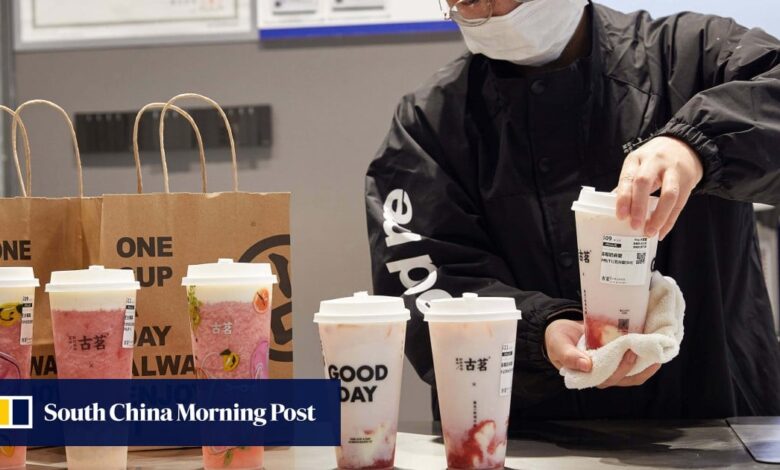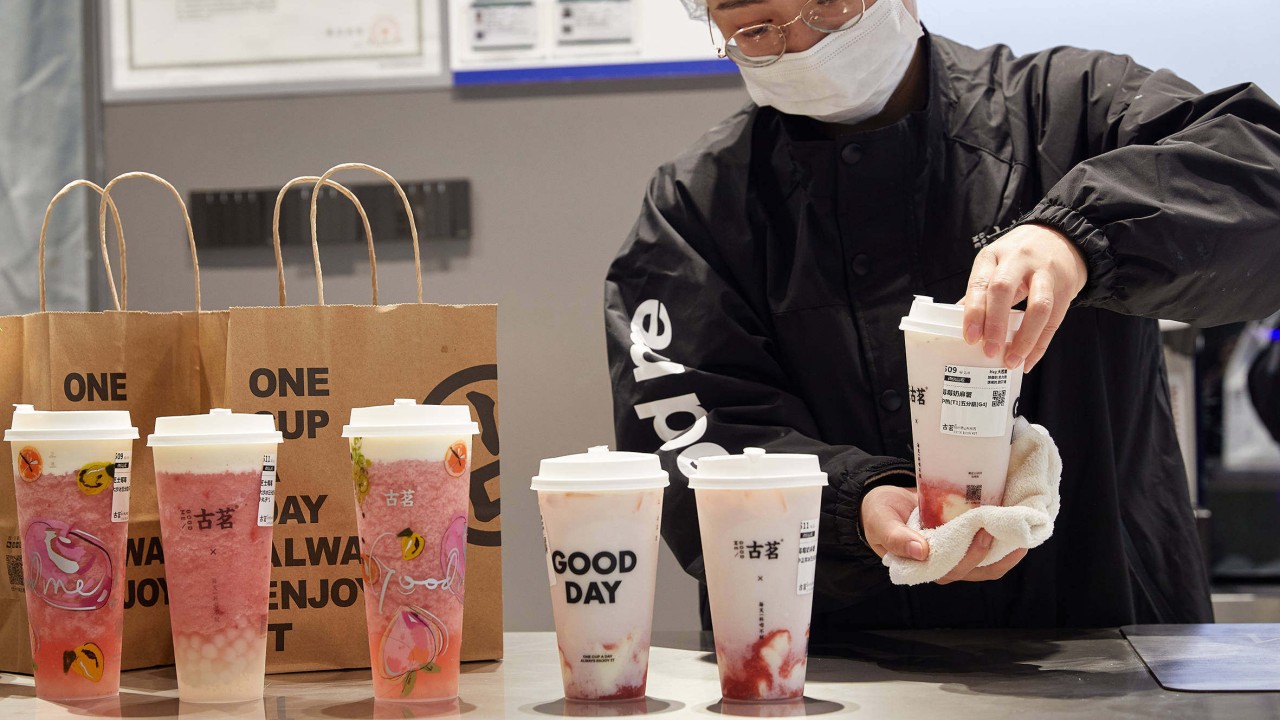China’s small businesses gasp for air as consumption slump deepens


Two years ago, as China began to roll back its pandemic restrictions, Ella Chen spotted a tasty opportunity. Having lost her office job, she took the bold decision to go into business herself – investing more than 100,000 yuan (US$13,800) to open a milk tea shop in Guangzhou.
Since then, Chen has poured her heart into making the business a success. She works 13 hours a day, can make 30 kinds of tea drinks, and has saved on rent by opening in a residential neighbourhood rather than the downtown business district.
But, like many small-business owners in China, Chen is still struggling to make ends meet. Consumption has not recovered as expected since the pandemic – instead, growth has slowed. And that is forcing companies nationwide to scale back operations or even shut down.
“In the beginning, daily profits were over 200 yuan. Now they’re often less than 100 yuan,” Chen said. “Those regular customers who used to buy a 15-yuan milk tea on weekends or evenings have gradually disappeared. They still pass by my store, they just rarely make a purchase.”
Micro and small enterprises (MSEs) have long been the backbone of China’s private economy in terms of job creation, providing 300 to 400 million roles, but the sector is now facing a raft of severe challenges amid a wider economic slowdown.
Insufficient demand, high tax burdens, and rising labour and utility costs are just some of the issues facing MSEs, with the situation deteriorating further in recent months, according to a nationwide survey of 7,500 MSE operators by Peking University’s Centre for Enterprise Research.
Source link



